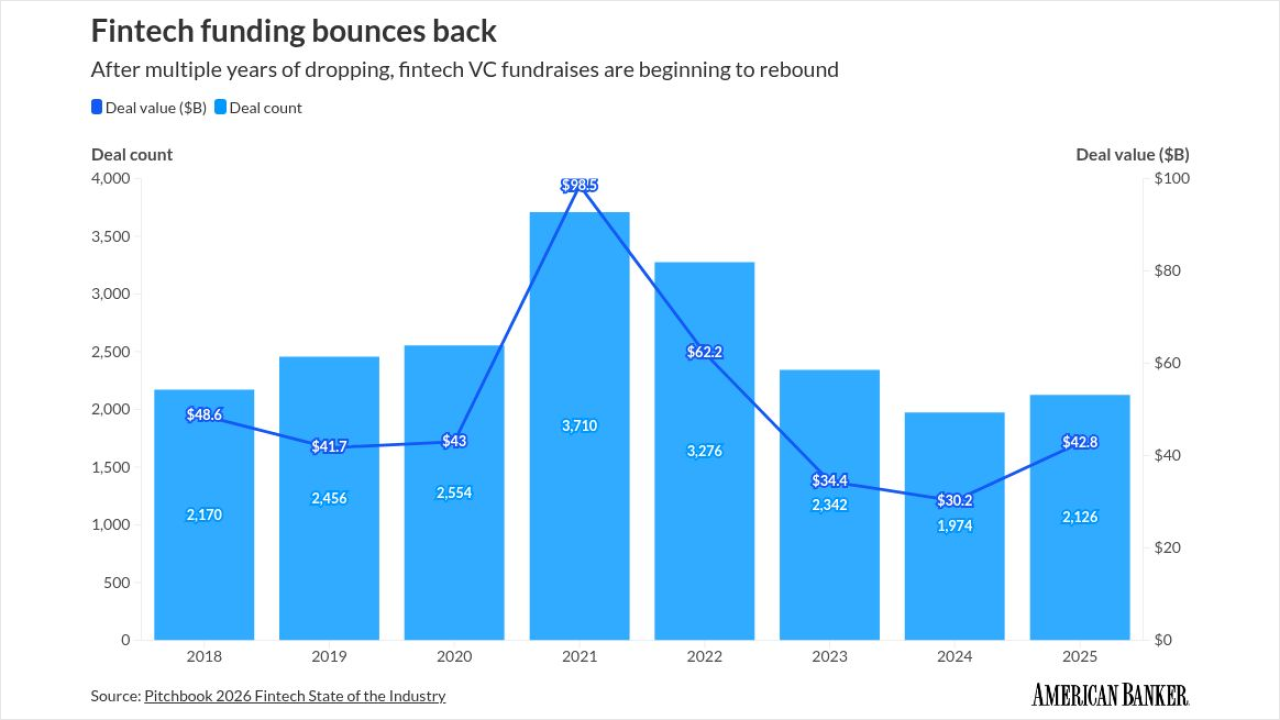Bank of America Corp. is giving up on debit cards — and the customers who use them for most of their spending.
The largest bank by assets plans to start charging its checking customers $5 per month, or $60 annually, if they use their debit cards to make purchases, a Bank of America spokeswoman said on Thursday. The fees will go into effect early next year.
Many banks have cut back on perks or
Many consumers prefer to use debit cards to credit cards, and debit became increasingly popular during the recession as consumers cut back on buying all but household necessities.
Some banks, including Wells Fargo & Co., have
"Because the bank is so big, other institutions will likely follow suit, so you'll have a part of the population that probably begins to move away from being active debit card users," says Mary Beth Sullivan, managing partner at consultancy Capital Performance Group Inc.
Bank of America is also consciously driving away some customers who cannot afford, or will be alienated by, the new fee. Mike Moebs of Moebs Services estimates that Bank of America
"There's a lot of consumers for whom this won't be well-received. They aren't going to like this," Sullivan said.
Some of those customers may go to other banks, especially the smaller regional and community banks and credit unions who still offer free checking. Bankers at those institutions say
But some of B of A's current checking customers may also join the ranks of the underbanked, who rely more on cash than on cards and who do not use traditional banks for all of their financial services.
B of A spokeswoman Betty Riess said the bank would not charge checking account customers who use their debit cards to take cash out of ATMs. The fee applies to most checking account customers every month they use their debit cards to buy something, but customers who have certain premium accounts are exempt.
"The economics of offering a debit card have changed with recent regulations," Riess said.
Under the Durbin Amendment to last year's Dodd-Frank Act, the Fed capped debit interchange fees at about 24 cents for the average transaction, almost half the previous average of 44 cents. Now the banking industry is bracing to lose more than $5 billion in debit interchange revenue next year, down from $18.8 billion in 2010, according to Moebs.
Senator Dick Durbin, D-Ill. and author of the much-debated provision, criticized Bank of America in a statement on Thursday for "trying to find new ways to pad their profits by sticking it to its customers. It's overt, unfair and I hope their customers have the final say."
The Wall Street Journal first reported





